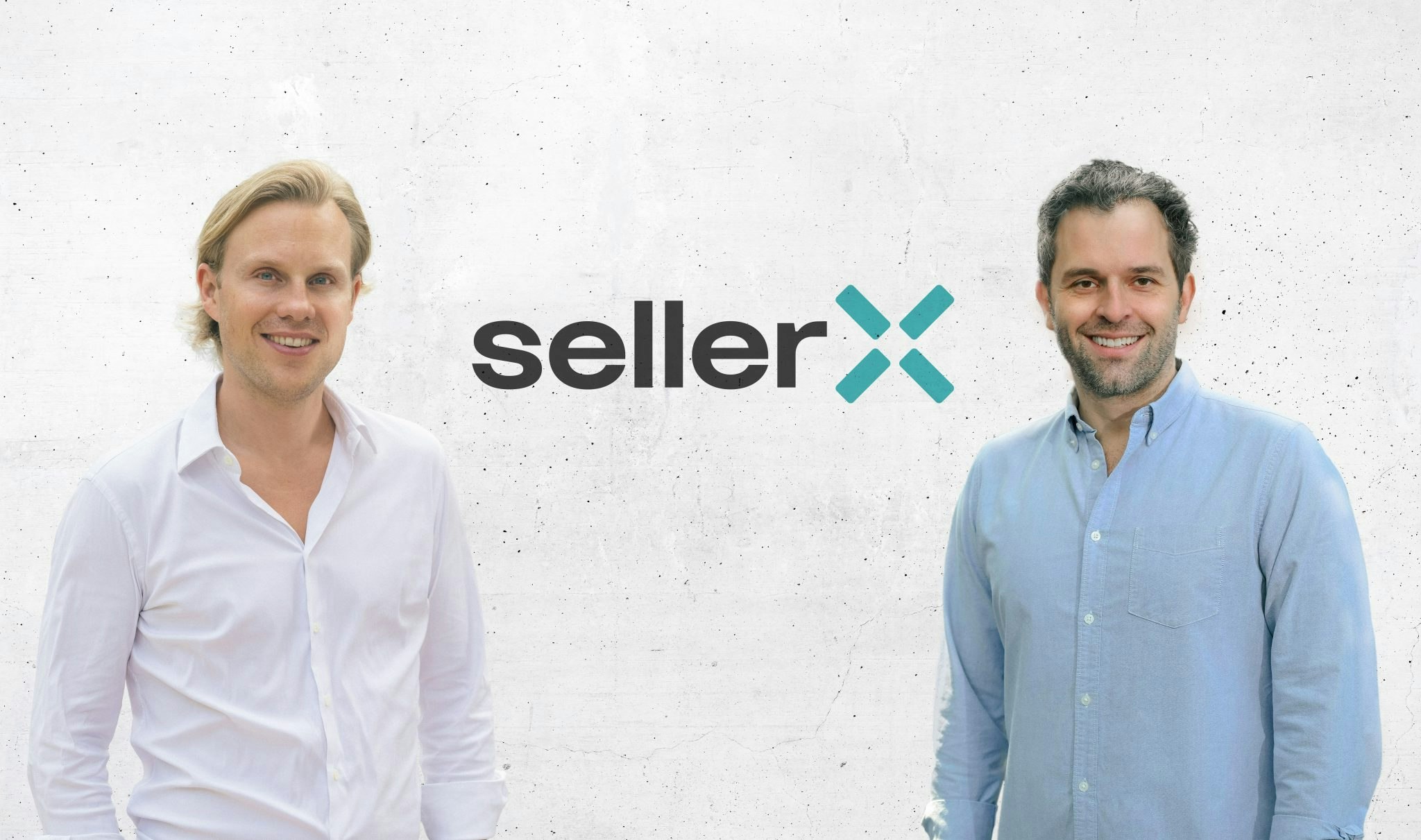Finnish startup Swappie, which refurbishes old iPhones, today announced it has raised a €108m Series C led by growth equity firm Verdane’s new green fund.
10 years ago it wasn’t a given that the second-hand market for mobile phones would be a hot one for investors — but with rising consumer awareness of sustainability and a real opportunity to take market share from mobile phone manufacturers and stores, this space is on the rise.
Back Market, a French online marketplace for refurbished smartphones, closed a $510m Series E round earlier this year, which gives you an idea of just how hot this space is.
“When we launched in late 2016 we saw that the prices of new devices were rising and at the same time the newest technology was becoming less and less relevant,” Swappie cofounder Sami Marttinen says.
It’s predicted that smartphones will generate 146 million tonnes of CO2 emissions in 2022. 83% of those emissions will come from the manufacture, shipping and first-year usage of the 1.4bn new smartphones forecast to be shipped this year.
The total smartphone market is worth €100bn in Europe, with used or refurbished phones making up just over 10% of that today.
Keeping old mobile phones in drawers
According to Marttinen, electronic waste is the fastest growing waste stream in the world — only 5% of consumers purchase used or refurbished electronics. He compares it to the used car market in the 80s.
“I noticed that a majority of households have multiple phones in their drawers. It's a huge problem,” Marttinen says.
Maybe this should be reason enough to buy a used phone, but the second-hand market for mobile phones has so far been flawed. Getting scammed buying a used phone online has been a real concern for customers — and is something Marttinen experienced first-hand.
“Not trusting the existing market and not trusting the existing quality is the biggest problem for this market becoming mainstream,” he says.
To overcome consumers’ trust issues, Swappie keeps the whole refurbishment process in-house, from buying to refurbishing to selling the phones. (Back Market and Refurbed, by contrast, use third-party companies to refurbish the equipment). And Swappie is doing pretty well, growing sales by more than 200% in 2020 to $110m.
With factories in Finland and Estonia, it refurbishes tens of thousands of phones each month.
To scale up operations across its 15 markets, especially in Germany and Italy, Swappie will need to ramp up its talent pool with another 1,000 people by year-end.
And, according to Marttinen, iPhones could just be the beginning for Swappie.
“From a technical point of view, we can expand to laptops and other smartphones and even tablets in the future,” he says.


